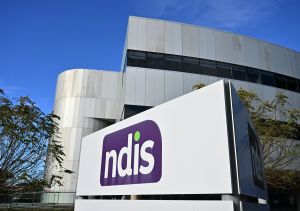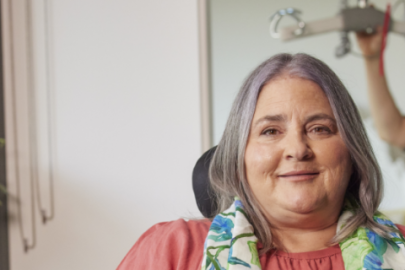Understanding NDIS Coverage: What Falls Outside the Scope?
In the realm of disability support, the National Disability Insurance Scheme (NDIS) plays a pivotal role in providing Australians with the assistance they need to lead fulfilling lives. However, it’s essential to recognize that the NDIS, while comprehensive, does not cover every conceivable aspect of disability support. In this article, we’ll delve into the nuances of what the NDIS does not cover, shedding light on the limitations individuals may encounter.
The Scope of NDIS Coverage
Before we explore the exclusions, let’s first establish a clear understanding of what the NDIS covers. The scheme primarily aims to support individuals with permanent and significant disabilities. This encompasses funding for reasonable and necessary supports that enable participants to engage in activities, achieve their goals, and enhance their overall well-being.
Supports provided under the NDIS can include assistive technologies, personal care, therapy services, home modifications, and community participation activities. The goal is to empower participants to maximize their independence and actively participate in society.
What the NDIS Does Not Cover
While the NDIS is designed to be expansive, certain areas fall outside its coverage. It’s crucial for participants, their families, and caregivers to be aware of these limitations to ensure they explore alternative avenues for necessary support.
Non-Permanent Disabilities
One notable limitation of the NDIS is its focus on permanent and significant disabilities. Conditions that are temporary or expected to improve with time may not qualify for ongoing NDIS support. In such cases, individuals may need to explore other sources of assistance, such as short-term government programs, community services, or medical insurance.

Everyday Living Expenses
The NDIS is not designed to cover day-to-day living expenses that are unrelated to a participant’s disability. This includes rent or mortgage payments, utility bills, groceries, and other standard living costs. Participants are expected to manage these expenses using their regular income or other financial support mechanisms.
Supports Already Covered by Other Systems
Certain supports that fall under the responsibility of other systems or government departments are not covered by the NDIS. This can include healthcare services provided by the public health system, education services, and supports related to compensation for injuries or accidents covered by insurance schemes.
Unrelated Activities or Items
The NDIS focuses on providing supports directly related to a participant’s disability and goals outlined in their NDIS plan. As a result, activities or items that are not deemed reasonable and necessary for achieving these goals may not be covered. This could include recreational activities unrelated to the participant’s disability or luxury items that don’t contribute to their well-being or independence.
Exploring Alternative Support Options
Understanding the limitations of NDIS coverage necessitates exploring alternative avenues to meet specific needs. Here are some strategies participants can consider:
Local Community Services
Many local communities offer support services that complement the NDIS. These may include community centers, volunteer organizations, and charities providing assistance with various aspects of daily life.
Government Programs
Participants may be eligible for other government programs that cater to specific needs. These could include short-term disability assistance, vocational rehabilitation programs, or housing support initiatives.
Private Health Insurance
For certain healthcare services or assistive technologies, individuals may find coverage through private health insurance. It’s essential to explore the specific policies and coverage options that align with the individual’s needs.

Conclusion
While the NDIS offers extensive support for Australians with permanent and significant disabilities, it’s important to recognize its limitations. Understanding what the NDIS does not cover allows individuals and their support networks to proactively seek alternative solutions, ensuring a holistic approach to disability support. By exploring local community services, government programs, and private options, individuals can enhance their overall well-being beyond the scope of NDIS coverage.




